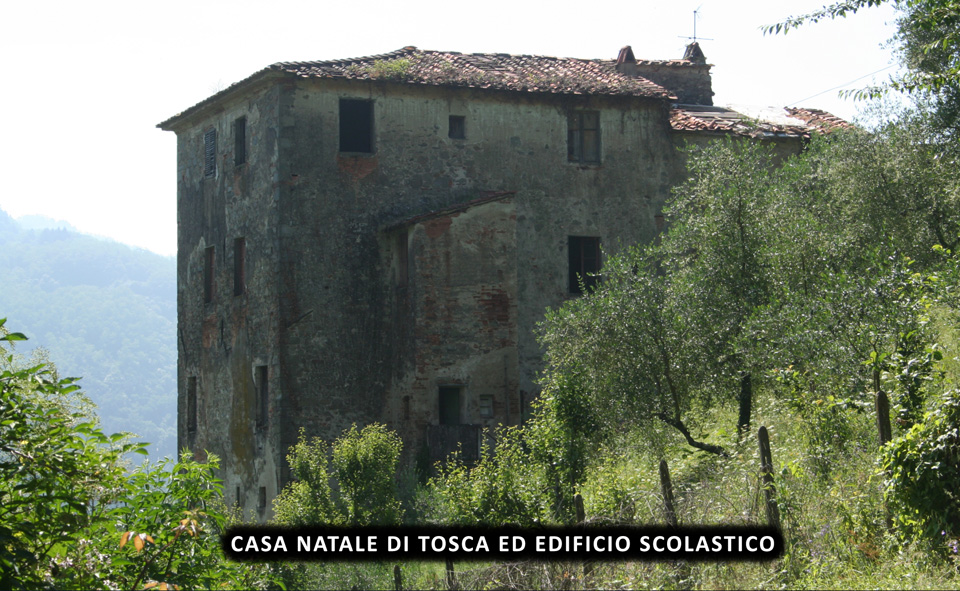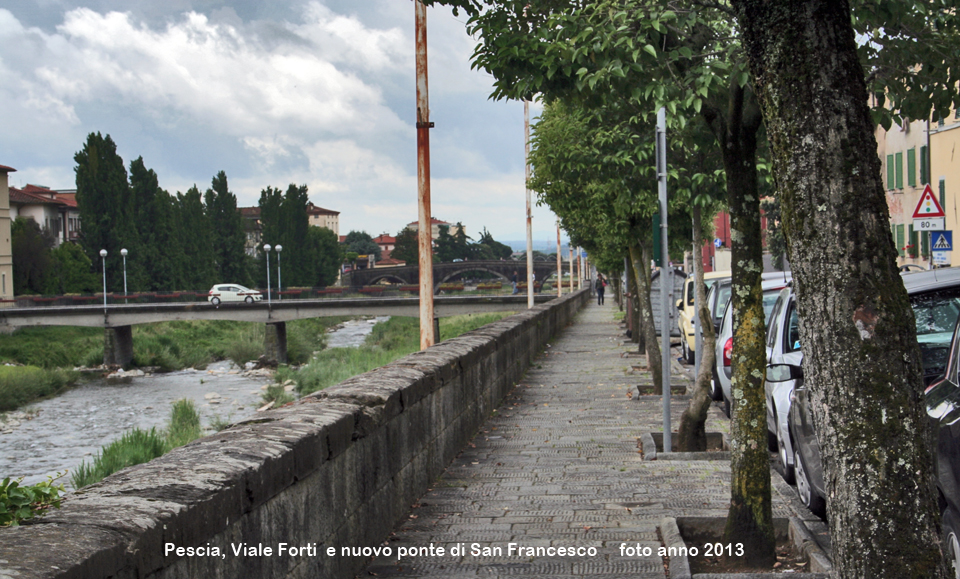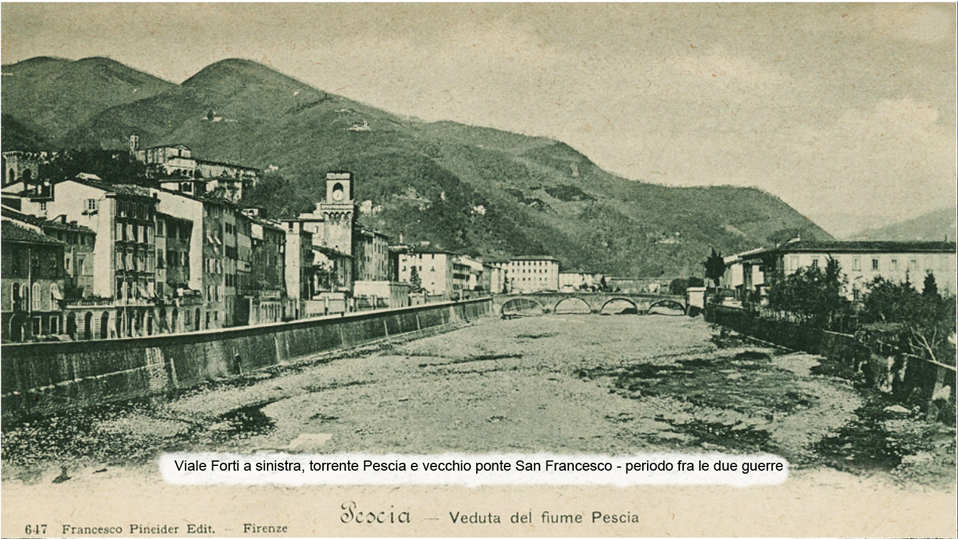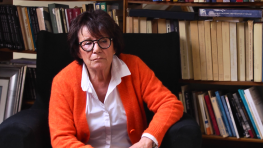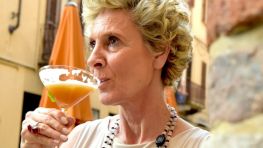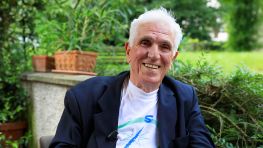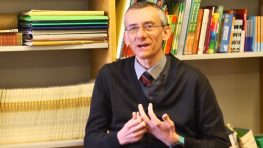
Tosca Lari
Living in the countryside during the war
Tosca Lari was born in Monte a Pescia, a town on the hills overlooking Pescia. Her family was composed of parents, four children and grandfather. For several generations the Lares were farmers and sharecroppers. Tosca's childhood was happy as a child playing with wooden dolls, hide and seek and the swing.
Her father knew the nuns who ran the “Istituto Magistrale” in Pescia, so she could attend it. After graduation, "I have been busy with the substitutes, but obtained the precedence," the combatants, war veterans, the children of invalids.
Her friends were her classmates, but "I had all the friends of the country, Monte a Pescia"
What was fascism Tosca is rendered insignificant. She remembers that every Saturday had to go to muster and that at school was mandatory uniform, which included a black cape instead of the coat. The country, he had heard, it was all anti-fascist. Some fascists went around the city and gave castor oil to those who were anti-fascist. In Pescia "there were many jobs ... there were so many factories, but they were for the fascists, for others ..."
Tosca knew entry into the war on the radio: she lived next to the school, she was in school, the radio was on and heard the announcement. "Next to me was an elderly lady, ... gave a scream, because he had spent the last war. -We are ruined - he says - we are ruined! "
Tosca had a military brother; on 25 July of '43 he was in Yugoslavia, fled to return home, but when he got there he found the Germans and had to hide in the shelter that his had dug underground. In the country the end of the war [25 July 1943] was greeted with joy, but the next day in the main square of Pescia were the Germans.
Tosca recalls the terrible year that goes from 8 September 1943 to 8 September 1944, the day when the town was liberated. Pescia saved, "so we were told," by the Bishop who knelt in front of the Germans. Recalls with a certain emotion the retaliation for two Germans killed in the city, for which 20 pesciatini were captured and hanged from trees along the river Pescia, the first ten at the beginning of the city, the others just north of the Bridge of San Francesco, just before the Germans blew up. She tells he saw a man who had just hanged: she was on his way to the hospital to seek treatment from a collarbone injury a bullet; to cross the creek, she had to go down in the riverbed because the bridge was blown. Just as she left the way down, she found himself close to a man just hunged dangling from the tree.
Living in the countryside during the war was less difficult than living in the city. The farmers were "the exchange: we hill oil with the grain of the farmers of the plains, but we ate."
After September 8, '44 Pescia is free. The Germans had blown up bridges, buildings, the mill Americans: everything had to be rebuilt.
With the end of the war those, who were brought to work in Germany, returned.
Tosca was interested to follow the speeches for voting for the referendum. "We were accustomed to monarchy, posters, newspapers made us see the princesses ... but I was determined!" Tosca went to vote around 10-11 in the morning and found a long line She went with the dress on Sunday and voted Republic.
Video table of contents
Interview information
Country: IT
Region: Toscana
City: Pescia
District: PT
Locality: Monte a Pescia
Altitude: 319m s.l.m.
Wikipedia: http://it.wikipedia.org/wiki/Pescia
Attached images:
Tosca Lari
Date of birth: 11-24-1924
City: Monte a Pescia
School: High school or Secondary
Profession: Teacher/Professor
Languages: italiano con inflessioni toscane, area Valdinievole
Bibliography:
Magnani G. (1994), Pescia, il volto di ieri, Firenze, Litografia IP V.Vaggelli.
Collezione G. Magnani - Pescia
Document by: Laura Papini
Video by: Massimo Smuraglia, Luca Improta, Elena Scarrone
Created: 15-02-2013




